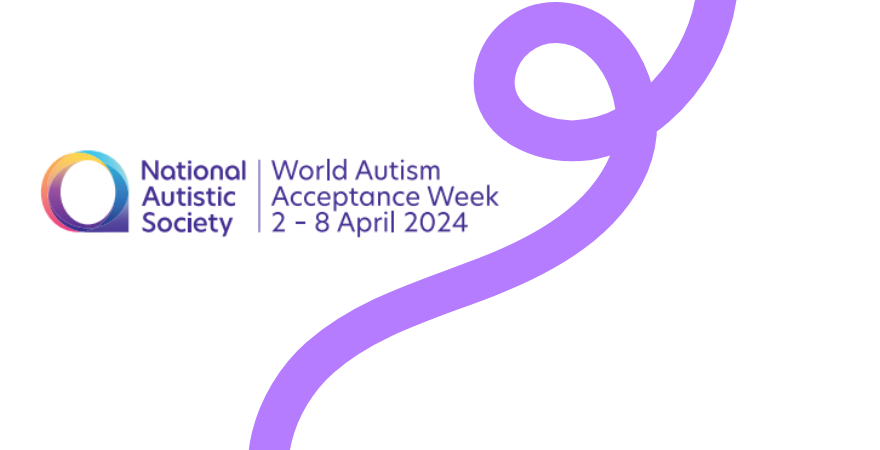
Our Director of Service Delivery Paul Henderson-Griffiths recaps on his time working within supported employment, focusing on the acceptance of neurodiversity and Autism in the workplace.
In recent years, there has been a growing recognition of the importance of diversity and inclusion in the workplace. For me this journey began over ten years ago while working for a supported employment provider and for the first time fully appreciating the positive impact that can be seen in the workplace and dispelling stereotypes. While much attention has been rightfully given to gender, race, and ethnicity, there is another aspect of diversity that often goes overlooked: neurodiversity. Specifically, the inclusion of individuals with autism in the workforce has become an increasingly important topic.
Historically, individuals with autism faced significant challenges in finding and maintaining employment. Misunderstandings about the condition often led to discrimination and exclusion in the workplace. However, as awareness and understanding of autism have increased, there has been a shift towards creating more inclusive work environments that value neurodiversity and one that should be greatly encouraged. I have seen first hand on countless occasions the impact the right initial support and training can have to support people to flourish and succeed in a role.
One of the key principles driving this shift is autism acceptance, which goes beyond mere tolerance to embracing the strengths and differences of individuals with autism. Employers are recognising that neurodiverse teams can offer a range of perspectives and talents that benefit their organisations.
One of the most significant contributions individuals with autism can bring to the workplace is their unique way of thinking. Many individuals with autism have exceptional attention to detail, strong problem-solving skills, and an ability to focus deeply on tasks of interest. These qualities make people invaluable assets in fields such as technology, engineering, data analysis, and research. For me team members with autism in all organisations I have worked have been pivotal
Moreover, fostering a culture of autism acceptance can lead to increased innovation and creativity within organisations. By encouraging diverse ways of thinking and problem-solving, companies can tap into a broader range of ideas and solutions.
Autism acceptance in the workplace is essential for creating a more inclusive and diverse workforce. By recognising the unique strengths and perspectives of individuals with autism, employers can unlock new opportunities for innovation and collaboration. Through education, support, and accommodations, companies can foster an environment where all employees feel valued and empowered to reach their full potential.
